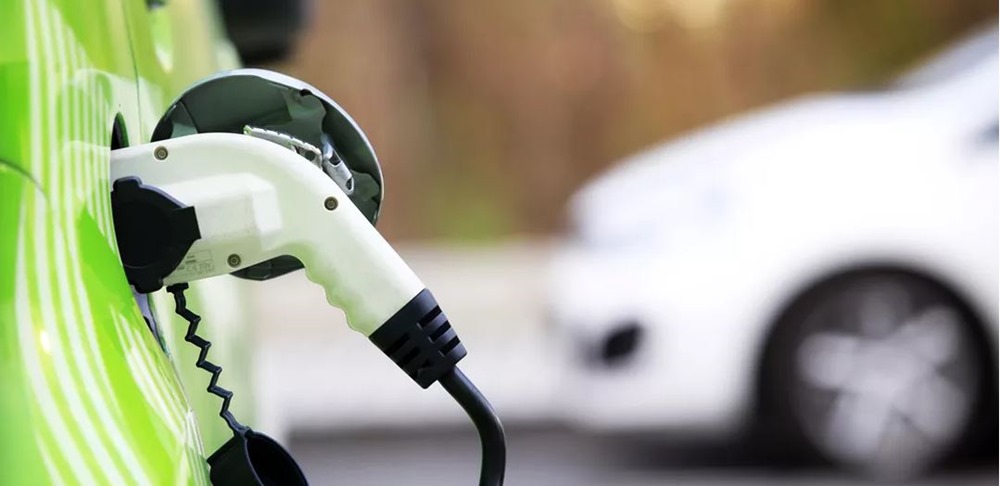This State Will Replace All Petrol/Diesel Govt Vehicles With Electric Vehicles In Next 180 Days!

The Government of Delhi has now announced that all the petrol, diesel, and CNG vehicles of the Delhi government will be replaced by electric ones.
This move will be implemented within 6 months.
Why has the Delhi Government decided to take this step? Read on to find out all the details!
All Delhi Government Vehicles To Switch To Electrical; But Why?
As per the Delhi Government, run by Arvind Kejriwal, all the petrol, diesel and CNG vehicles will be replaced by electrically powered vehicles within six months.
As per reports, any department and autonomous body of the Delhi government will be able to hire an electric vehicle (EV) for the first time with the permission of the finance department.
After this, there will not be any need to extend existing contracts, as per the government’s order.
This switch to the use of the electric vehicles will be supervised by the transport department. Additionally, the department will also give a report per month to the transport department about the transition to electric vehicles. They will also be required to identify any gaps and give out suggestions that will help meet the target within six months.
Will Delhi Be The EV Capital Of India?
In August, the government of Delhi in August had announced an electric vehicle policy under which they are planning to make the city “EV capital of India.” The government has also said that this policy will also look over improving Delhi’s air quality and also make sure that at least 25 of all new vehicles are battery operated by 2024.
This is not the first time that the Government has announced the switch to CNG. The one prior to this was the mandatory switch to CNG for all public transport vehicles. The Delhi Transport Corporation is reportedly one of the world’s largest public transporters that runs on CNG.
This decision might be taken in order to deal with the city’s declining quality of air, especially during winter. Apparently, the levels of the pollutant PM2.5 regularly go past the safe limit in winter.

Comments are closed, but trackbacks and pingbacks are open.